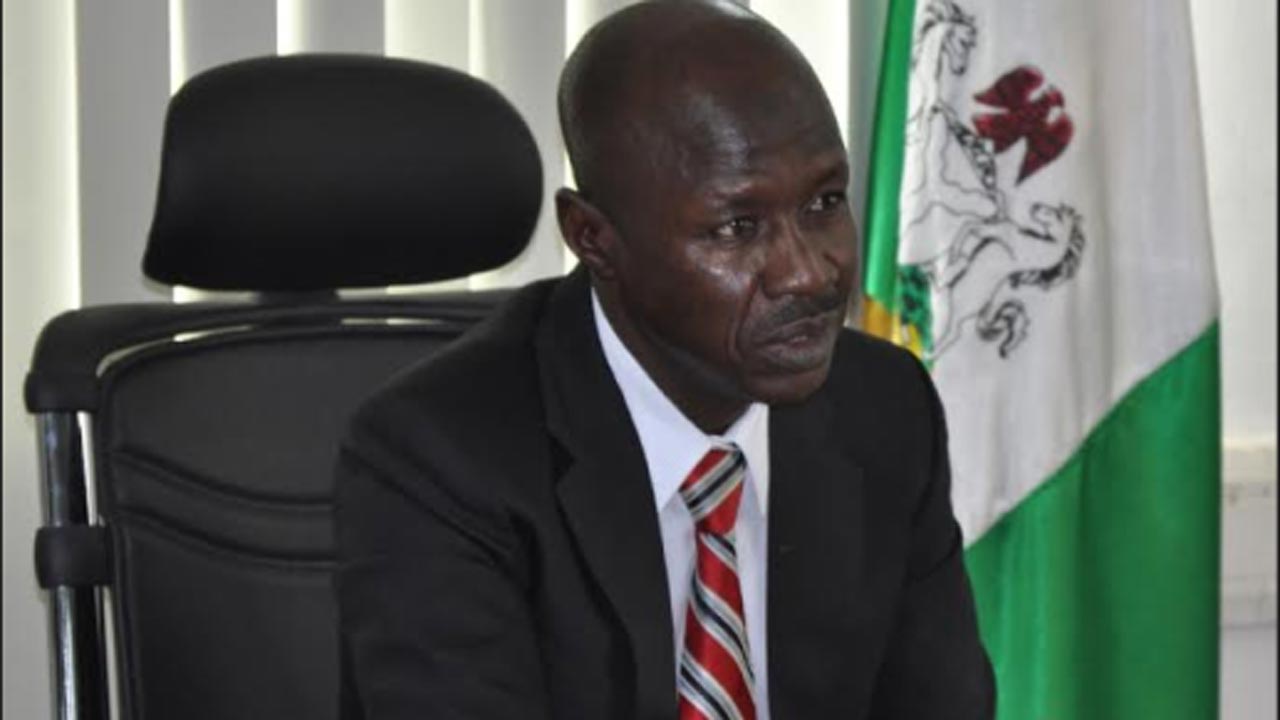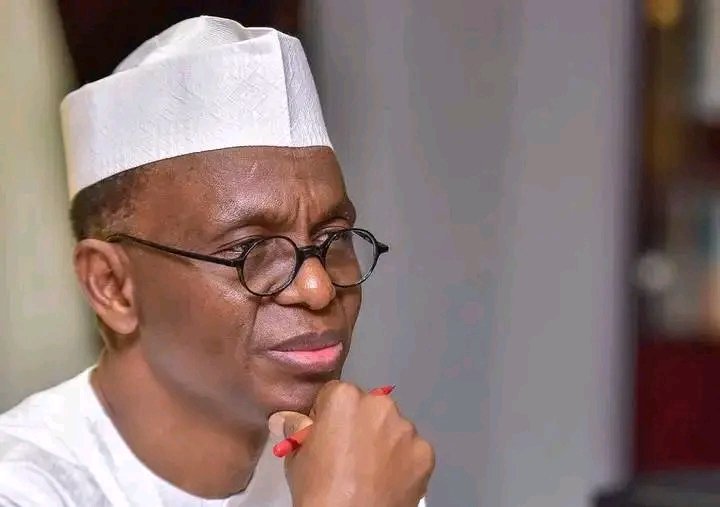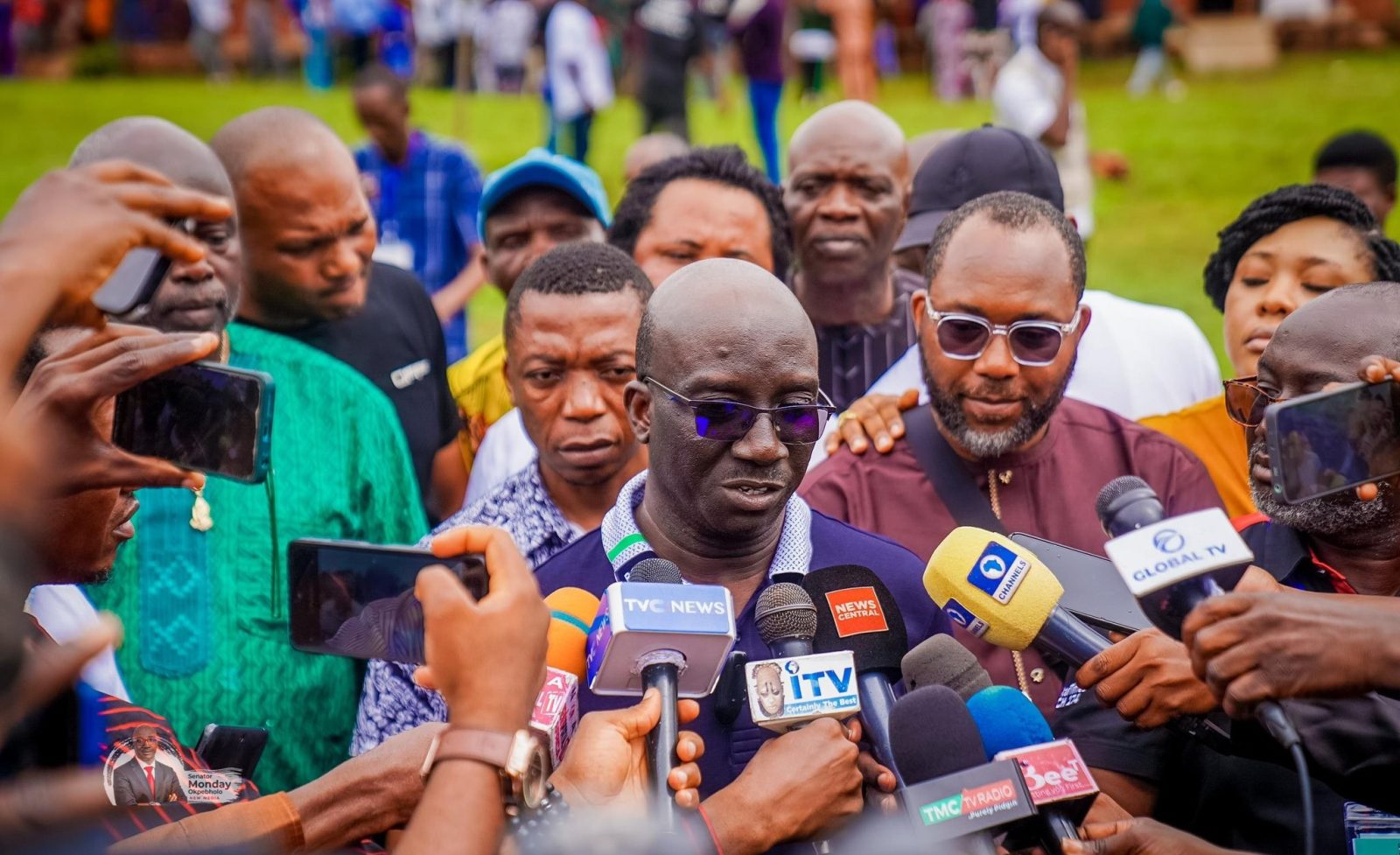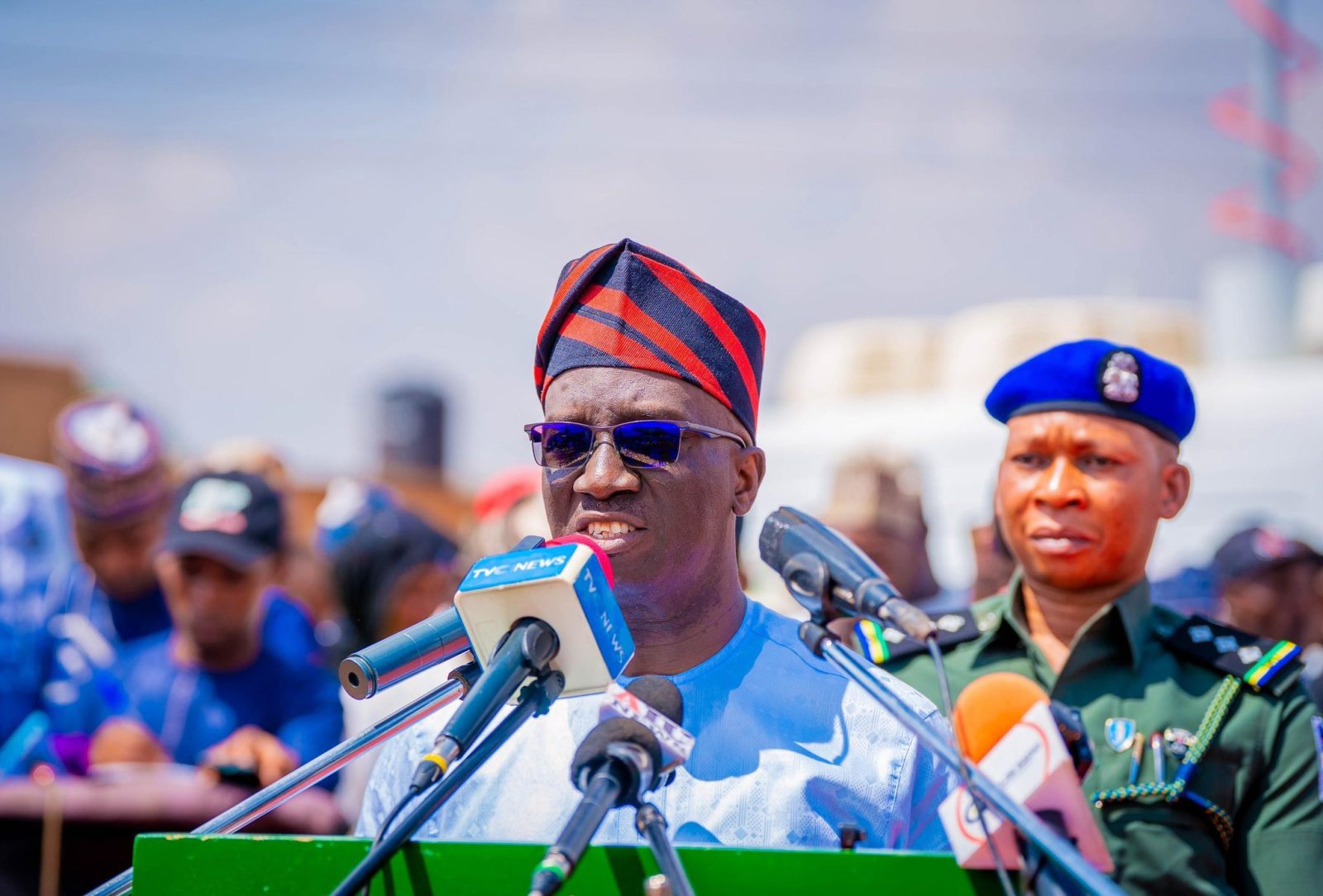By Sufuyan Ojeifo and Ariyo-Dare Atoye
Writing about the Economic and Financial Crimes Commission (EFCC) and its leadership is one and the same thing. EFCC is its leadership and the leadership of the commission is the commission. Dissecting the leadership of Mr. Ibrahim Magu at the EFCC is an enterprise that is akin to wielding a double-edged sword. If one is not careful about presenting the facts of any particular matter or issue, one runs the risk of being accused of either managing the reputation of the commission and its leadership or doing a hatchet job for corrupt politicians and compromised public officials in order to discredit the commission and its leadership.
Nevertheless, one should be readily vindicated if the narratives are evidence-based, in which case the principle of res ipsa loquitur (the fact speaks for itself) will come in handy as a prima facie (clear from a first impression or sufficient in law to establish a case or fact in the evidence) defence. Having made this short introductory remark, we would like to state from the outset that the anti-corruption war being waged by the President Muhammadu Buhari administration, which started off on a promising note in June 2015, has largely suffered from self-inflicted injuries.
The war has been more of a hotchpotch of poor investigations and prosecutions resulting in serial losses of top corruption cases in almost three years of an administration that has demonised officials of the immediate past government as corrupt. The EFCC has not only been losing high-profile cases but the entire gamut of the Nigeria’s anti-corruption architecture is also being badly managed both at the administrative and prosecutorial flanks by Magu, the unconfirmed acting chairman of the EFCC.
If there is any glaring failure of the EFCC that is deserving of a case study, it was its desperation to nail the governor of Ekiti State, Ayodele Fayose, at all cost. The commission has lost all its cases against the governor. Its bid to freeze the personal account of Fayose has failed up to the Court of Appeal. Unfortunately for the commission, and in what appears to be the biggest restriction against its shenanigan of always breathing down on state governors and government, a Federal High Court has ruled it has no powers to investigate state finances without the approval of the State Houses of Assembly. This is one case that will most likely get to the Supreme Court.
The Court, sitting in Ado Ekiti, said the EFCC lacks the power to probe states finances without a report of an indictment from State Houses of Assembly. Justice Taiwo O. Taiwo, gave the ruling in a suit filed by the Ekiti State Government against the EFCC, the Inspector General of Police, the Speaker, Ekiti State House of Assembly, the Clerk of the House and 13 others.
The ruling: “The first defendant (EFCC) is bound to operate within the constitution and cannot operate like the lord of the manor. Its statutory duty is not a license to contravene the Constitution. I can’t see how the statutory functions of EFCC can extend to a state in a federation under any guise to the extent that the eight to 18 defendants (banks) will be directed to submit bank details.”
Most worrisome is how Magu had unintelligently handled confidential information in the prosecution of financial crimes. In what has become an obsession and desperation to nail people under investigation in the court of public opinion using media propaganda, sensitive and confidential information and documents were through “arranged channels” often shared with a select group of media. This and other developments have begun to affect the country globally to the extent that the Egmont Group is set to expel Nigeria’s Financial Intelligence Unit (NFIU) by March 2018. The group, a global network of 152 Financial Intelligence Units (FIUs), had at its 24th plenary in Macao, SAR, China, in July 2017, suspended Nigeria by consensus for bad practices.
The Egmont Group said: “The heads of FIU made a decision, by consensus, to suspend the membership status of the NFIU, Nigeria, following repeated failures on the part of the FIU to address concerns regarding the protection of confidential information, specifically related to the status of suspicious transaction report (STR) details and information derived from international exchanges, as well as concerns on the legal basis and clarity of the NFIU’s independence from the Economic and Financial Crimes Commission (EFCC). The measures will remain in force until immediate corrective actions are implemented.”
The president must quickly reorganise the entire anti-corruption architecture of his government otherwise the expulsion of Nigeria from the Egmont Group will make nonsense of his recent beatification as Africa’s anti-corruption champion. However, such reorganisation cannot exclude the removal of Magu as the chairman of the EFCC. Fortunately for the president, a Federal High Court has given him a leeway to get a new man for the job. The court validated the legislative and legal rights of the Senate to accept or reject a nominee for that office. Magu has been rejected twice by the Senate.
Justice John Tsoho held that: “On the strength of these authorities, therefore, the expression ‘subject to’ should be understood to simply mean ‘depending on’. Accordingly, the import of section 2(3) of the EFCC Act is that the appointment of a chairman made by the president is dependent on confirmation by the senate. The 1st defendant (senate) can, therefore, reject a statutory appointment of a chairman of the EFCC made by the president, if there is good basis for doing so.”
Aside the crass incompetence displayed by Magu during a televised senate screening in December 2016, the loss of some celebrated cases was a setback of sorts that made former President Olusegun Obasanjo to advise the EFCC to engage “staunch, `ogbologbo’ (tough and brilliant) lawyers inside that will do the work.” He also harped on thorough investigations. President Buhari’s friend, Pastor Tunde Bakare, said in his 2018 state of the nation address on January 14 that the loss of four high-profile corruption cases in ninety-six hours in April 2017 was due to the ineffectiveness of the corruption war.
According to Bakare, “The ineffectiveness of the anti-corruption war is seen in the loss of crucial corruption cases. For instance, in April 2017, the federal government lost four high profile corruption cases in ninety-six hours. These losses are in addition to bizarre developments such as the failure of the government to confirm a substantive Chairman for the Economic and Financial Crimes Commission (EFCC), despite the fact that the same political party controls both the executive and the legislature, not to mention the public showdown between EFCC and Department of State Services (DSS) officials, or the opposition of the Director-General of the DSS to the confirmation of the Acting Chairman of the EFCC.”
The shambolic execution of the anti-corruption war is a clog in the wheel of progress. As long as the leadership of the commission is propelled by the desire to satisfy the caprices of the president by deploying the commission in pursuit of political vendetta, so long will the anti-corruption fight be a mere charade. What is, therefore, needed is to rejig the leadership of the commission and appoint a chair that is not problematic or morally encumbered who will restructure and retool the administrative and prosecutorial machinery of the commission for a new paradigm and vista in a utilitarian anti-corruption war. The truth is that the EFCC leadership, as presently constituted, does not engender public confidence in the anti-graft crusade.
-
Messrs Ojeifo and Atoye, public affairs commentators, contributed this piece from Abuja.























Leave a comment